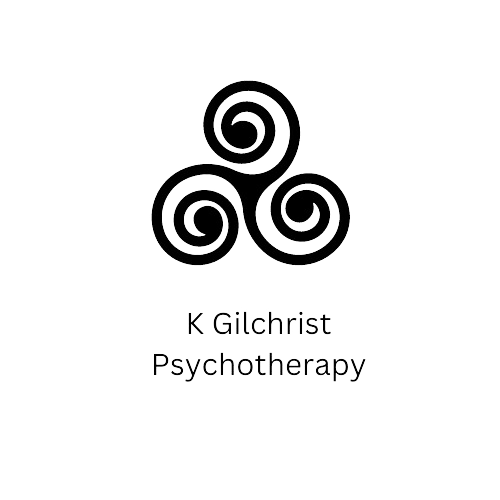What is the difference between counselling and psychotherapy?
Counselling typically focuses on specific problems and is short-term, helping you learn techniques to cope with stresses and challenges; such as relationship issues, work related stress, and life changes. Psychotherapy is often longer in duration, and delves deeper into your thoughts, emotions, and behaviours to foster a deeper understanding of yourself. Both aim to improve mental well-being through conversation and support.
What’s best for you will depend on your reasons for seeking help, and can be discussed at your first appointment. For many people, their experience will include elements of both Counselling & Psychotherapy, as they explore new ways to deal with familiar challenges as well as working towards a deeper understanding of themselves and their patterns.
What does Integrational Psychotherapy & Counselling mean?
As an Integrational Therapist, I combine multiple approaches tailored to your needs. Using Cognitive Behavioral Therapy (CBT), we work to identify and change negative thought patterns. Mindfulness-Based CBT helps you stay present and manage stress. Person-Centered Therapy provides a supportive, empathetic space to explore your feelings, while Emotion-Focused Therapy helps you understand and process your emotions. Together, we'll create a personalized plan to address your unique challenges and goals.
The process is as unique as each individual who seeks support, and it’s important that how we work together makes sense to you.
How long will Counselling/Psychotherapy take?
The duration of therapy is different for every person, as everyone has a unique process. Many individuals have time or money constraints that limit the number of sessions they can attend, and we can certainly take this into account when discussing your treatment goals and deciding how best we can work together. Some people use therapy as proactive support, starting with weekly sessions and transitioning to less frequent check-ins, such as bi-weekly or monthly. We will have regular check-ins throughout the process to ensure we are on the right path for you.
Who can benefit from Therapy?
Therapy is beneficial for anyone, not just those with a mental health diagnosis or experiencing a crisis. Counselling and psychotherapy are proven supports for managing conditions like anxiety, depression, body dysmorphic disorder, and addiction. It can also help individuals cope with significant life events such as bereavement and relationship loss. Additionally, therapy can be a valuable resource for personal growth, self-awareness, and proactive support, helping you navigate life's challenges and enhance your overall well-being.
What will the first Session look like?
I understand that meeting a new Therapist, or going to Therapy for the first time, can be nerve wracking! Bear in mind that by making the decision to seek support, and reaching out to arrange an appointment you have already made significant progress and cleared several hurdles.
As well as clearly setting out your confidentiality rights, I believe that the most important part of an initial session is for you to explore whether you feel comfortable working with me. A major reason therapy helps is the opportunity to speak openly without filtering, which is why a secure and trusting relationship between therapist and client is crucial. In this first session, you can ask any questions or raise any concerns you might not have thought of before we meet. This session will allow us to get to know each other better and help me understand your reasons for seeking support. Together, we'll begin to set out a plan to best address your goals.
